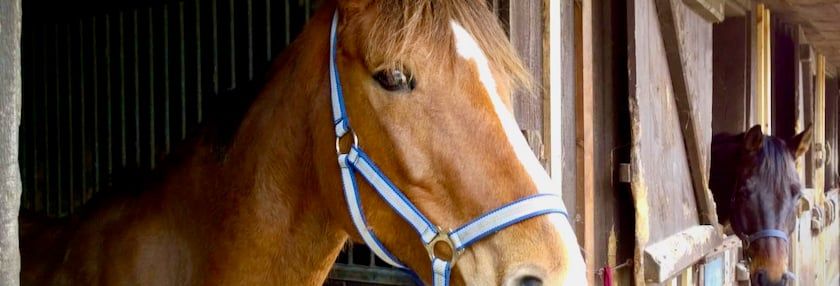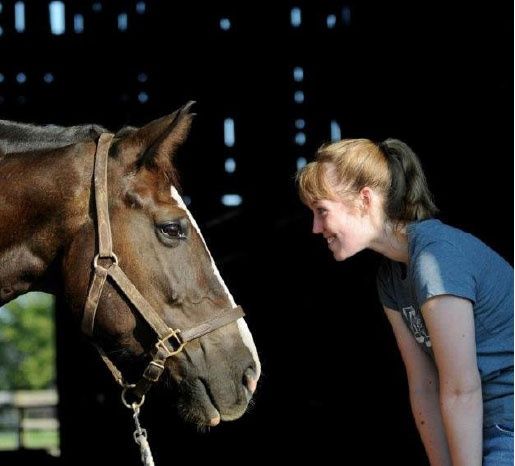To Make a Stall a Home


Questions to ask when vetting a boarding barn
The process of looking for a new boarding facility for horses you’ve owned for a while (or for a new horse) can be a fraught one. You’ll be trusting strangers with day-to-day management (or at least part of the day’s management) of your best friend.
There’s no way to completely eliminate worry, but it does help to do your homework before signing a boarding contract.
Before you sign
One of your first questions should be to see a copy of the boarding farm’s rules, liability waiver, and boarding contract. If they don’t have a contract, that should be a red flag.
Contracts protect both the farm owner/operator and the boarder from liability, and it’s always good practice to have one, no matter how small the operation is.
A few questions to consider as you conduct your research:
What’s included in your board rate?
Some facilities offer pasture board, where the horse lives outside 24/7, and others offer full board, where the horse comes in each day and has the stall cleaned. Whichever arrangement you are interested in, ask about extra expenses you may incur. If the horse will be pasture-boarded, does the farm offer to feed the horse grain once or twice a day? What about supplements? Is there stall space where the horse could be kept for a short period if recovering from an illness or injury?
For full board horses, some barns include feed in their monthly rate but others do not; some include feed if you use their supplier but may offer a discount if you bring in your own grain. Supplements are usually not included, since they can vary so much for each individual.
In both cases, learn whether you will be responsible for scheduling farrier or routine veterinary appointments, and whether you need to be present for those appointments to catch and hold the horse.
How long has your longest boarder been here?
This really says it all. I am fortunate to have boarded my horses in the same place for over a decade, and while I’m now the longest-running resident, most of the others have also been there quite a few years. Our facility is small, and space doesn’t open often. Larger facilities expect some degree of turnover, but you should be wary of someplace where there seems to be a revolving door.
What’s your policy on bringing in outside riders or trainers?
Some boarding operations are attached to a trainer or teacher but if you’re hoping to bring your own along with you, you may want to check if they’re allowed. Not all insurance policies allow for outside instructors.
Which vet/farrier/dentist do you use?
This is helpful not only for you to know who will be working on your horse, should you use the farm’s professionals, but it can also give you a series of references to check. The vet’s opinion in particular should carry some weight—how comfortable are they with the management practices they’ve seen in action? How long have they worked with the farm operator?
How frequent are checks?
One of the things I love about my boarding farm is there’s always someone around to notice if a horse is acting strangely. On a bigger property with pasture turnout, an employee will need to make a specific effort to check horses that may not be in their sight line. Will that person check legs and feet, or just glance over from across the pasture?
Can I look around?
The best thing you can do is tour a property. In addition to looking at the amenities and the quality of the facility, look for management giveaways: Are horses in good body condition? How do their feet look? Do you see any stress behaviors in stalled horses?
If you can, take a look at the hay storage area and the grain room to get a sense of quality and cleanliness. Do you see good safety practices at play?
Tags:Horse Sense

Acreage Life is part of the Catalyst Communications Network publication family.
















